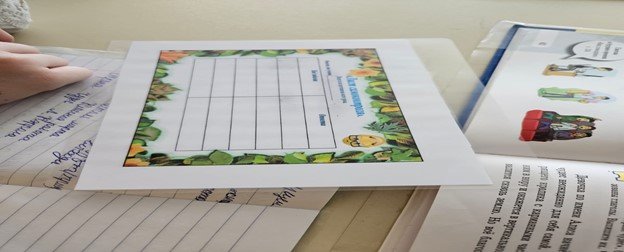On March 4,5,6,13,14 and 15, IITU methodological and language experts visited Almaty schools involved in a project to improve children's literacy. The main goals of the experts’ visit to schools are: acquaintance with schools, administration, teachers of Russian and English languages, conducting a survey among teachers on the Akelius project (in electronic form), providing offline methodological/technical consultation, planning online trainings (topics, dates), work on improving the course on the Akelius platform, etc. It is important to note that the experts planned and carried out visits to the following schools in Almaty: school-gymnasium No. 78, school-gymnasium No. 152, school-gymnasium No. 153, school No. 181, school No. 186, school-gymnasium No. 206 and school-lyceum No. 210. Observation of lessons and live communication allowed the experts to outline a further plan for organizing trainings for teachers and creating methodological guidelines for assessing students.
Oksana Bublikova, Associate Professor of the Department of Languages said that they paid special attention to using the Akelius platform not only just as a source of entertainment but also as an auxiliary tool for mastering the material being studied. Also, she added that one of the indicators they tracked was the involvement of all students in the process, regardless of their level of language proficiency, as this is achieved through the appropriate distribution of tasks according to complexity between students of different levels or different ages.
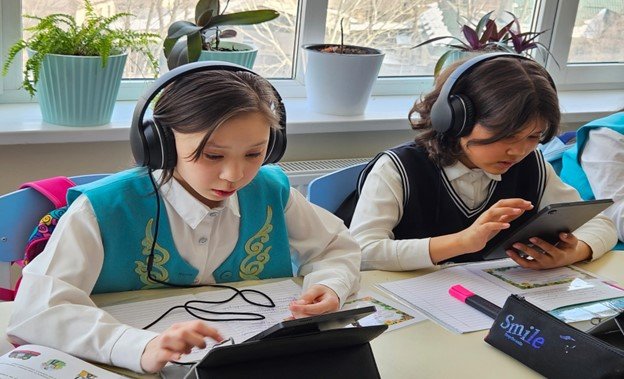
Yevgeniy Medvedev, Candidate of Philological Sciences and Assistant Professor shared his observations during a visit to Almaty schools. According to him the teachers of the city of Almaty seemed to be advanced and successful in their work. This may be explained by the level of training of children and teachers as well as the technical equipment of school classrooms as success at work directly depends on the working conditions.
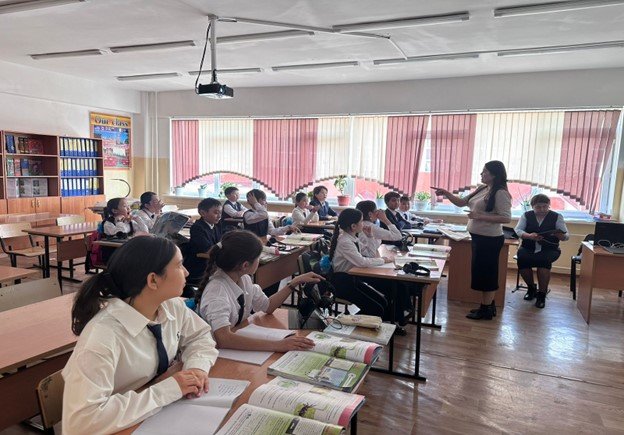
Oksana Vasilyevna also mentioned that there are a number of methodological difficulties in the process of observation during classes: often during a lesson teachers involve only strong students (but this is a feature of demo lessons). In some classes there is no clear lesson structure or smooth transition from one type of activity to another while in others there is no creative approach to the use of Akelius materials: children perform tasks separately and the teacher does not check or comment on their answers.
Dinara Aliyeva, Associate Professor of the Department of Languages noted the technical equipment of Almaty schools, especially school-gymnasium No. 206, as well as the professional preparedness of its teachers. According to her, Almaty has a really high level of schools and teachers who actively participate in the project and are always aimed at fulfilling their duties and achieving results.
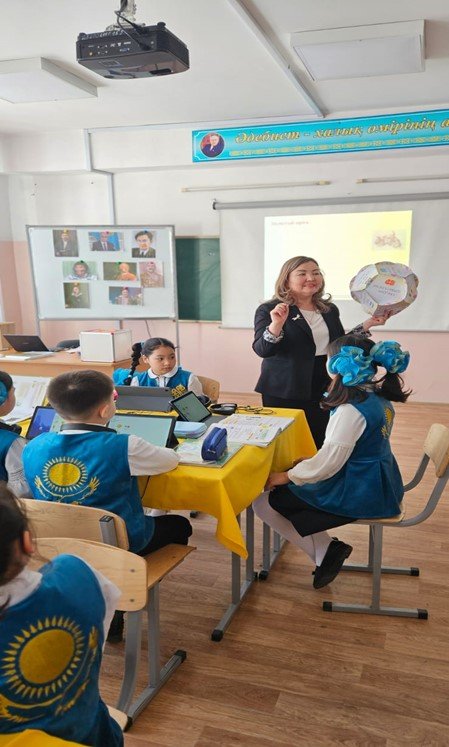
Zhannura Manapbayeva, IITU JSC Project Coordinator, PhD and the Head of the Department of Languages also shared her opinion regarding the equipment of schools. She noted that each school is equipped with the necessary equipment, and this is primarily a personal computer and a printer. Basically, there are places for teachers to rest during breaks everywhere. Thematically equipped classrooms are more conducive to a productive learning process. She also mentioned school-lyceum No. 210 and school-gymnasium No. 206, which created comfortable conditions for working with children.
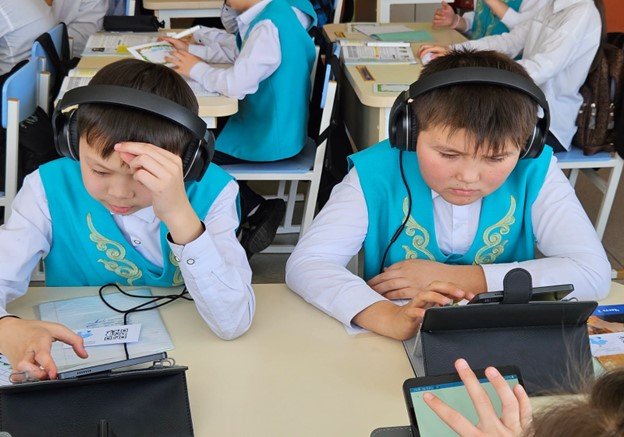
During the visit to the above schools, experts not only attended classes, but also conducted a survey among teachers and students on the Akelius project as well as offline methodological and technical consultations. They presented methodological materials for the effective project implementation, and also noted that work on improving the course on the Akelius platform will continue. At the end of the visit, language experts announced the dates of upcoming trainings.
